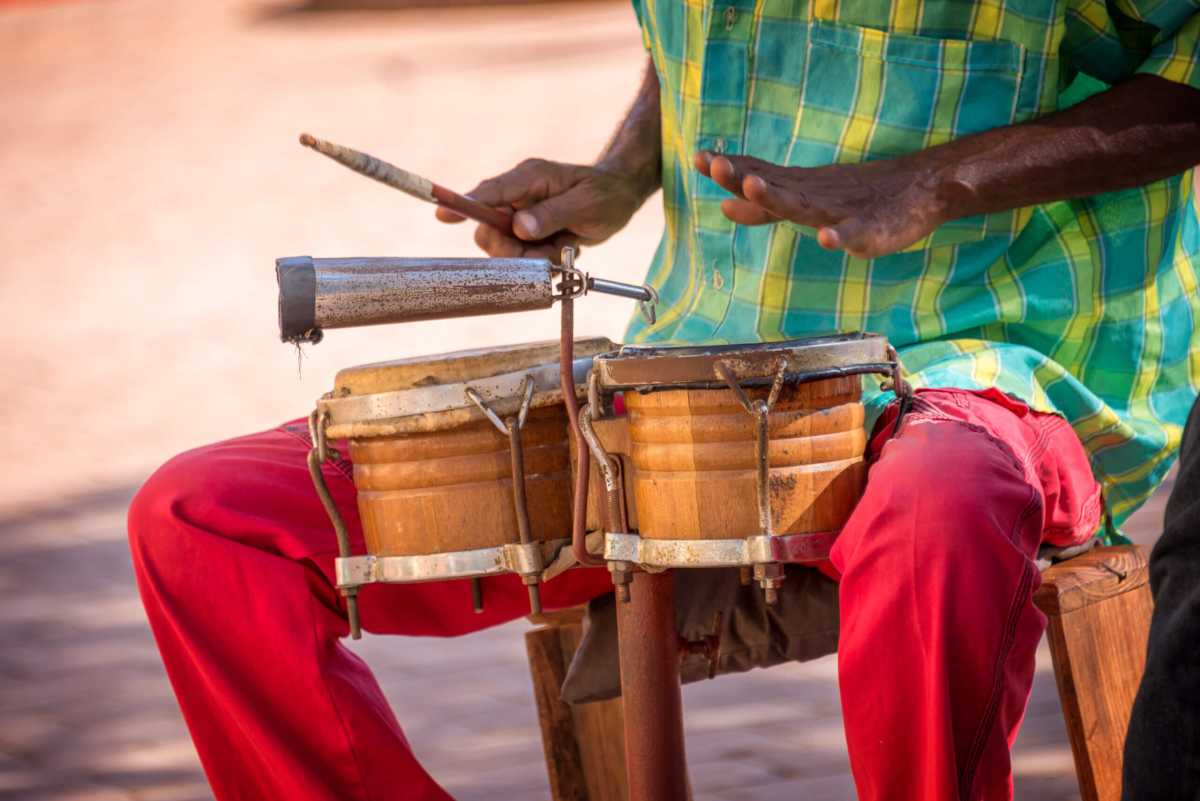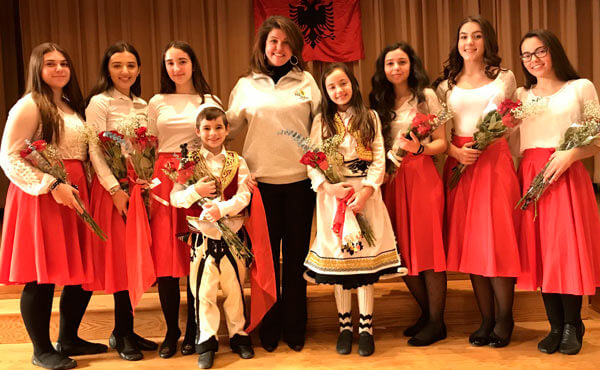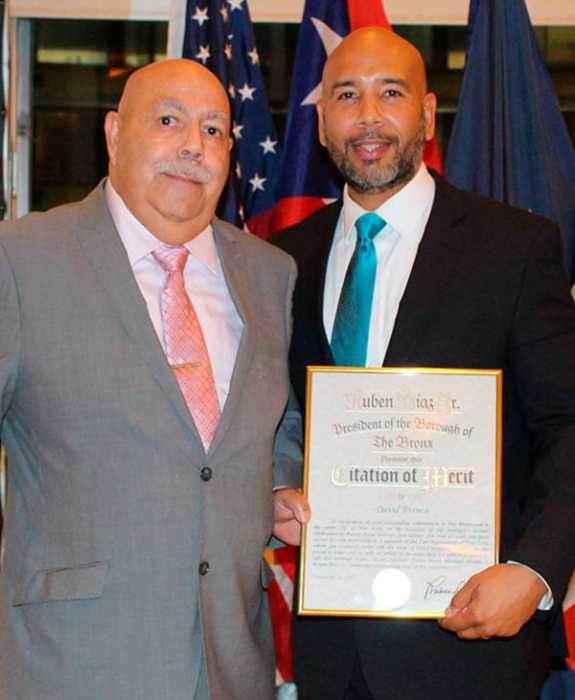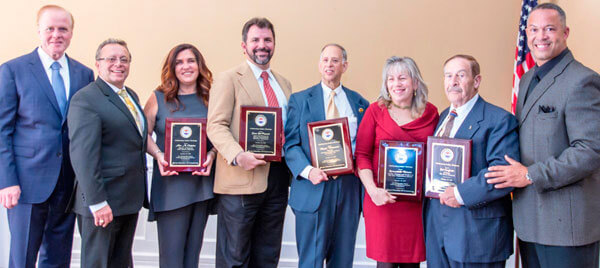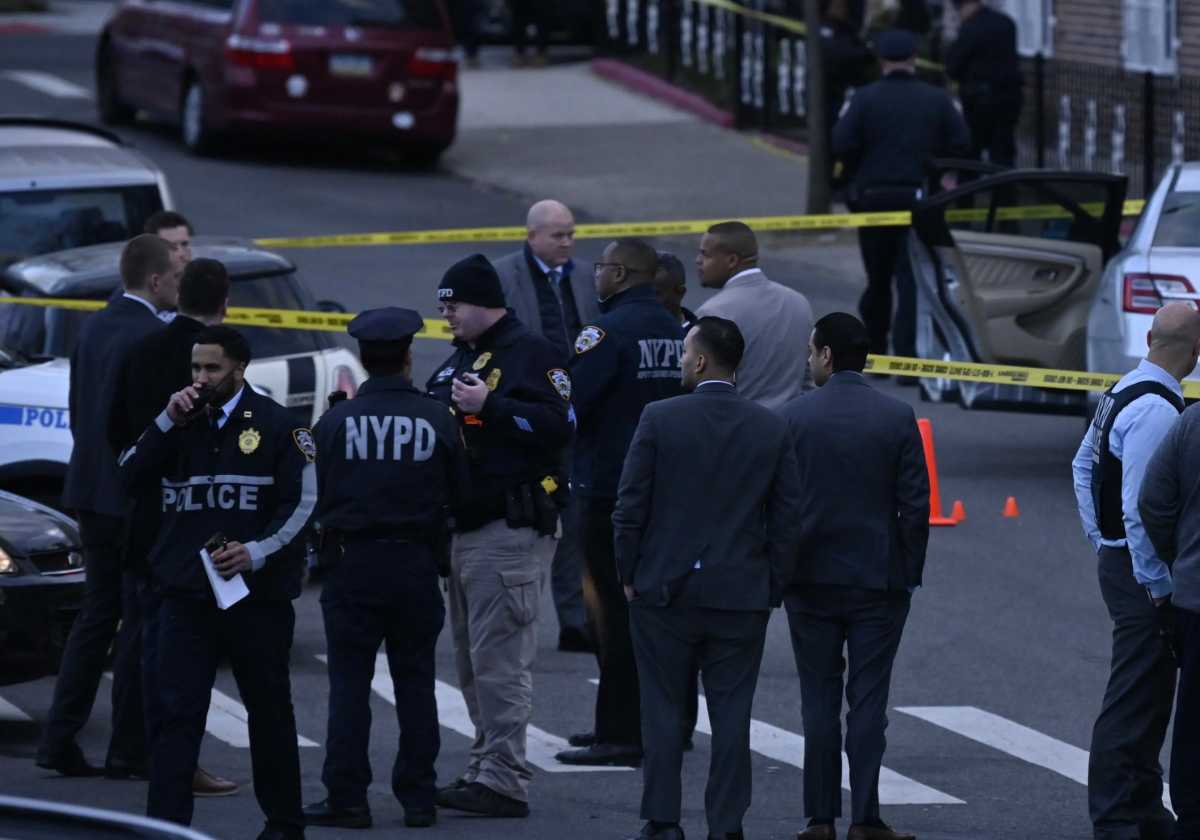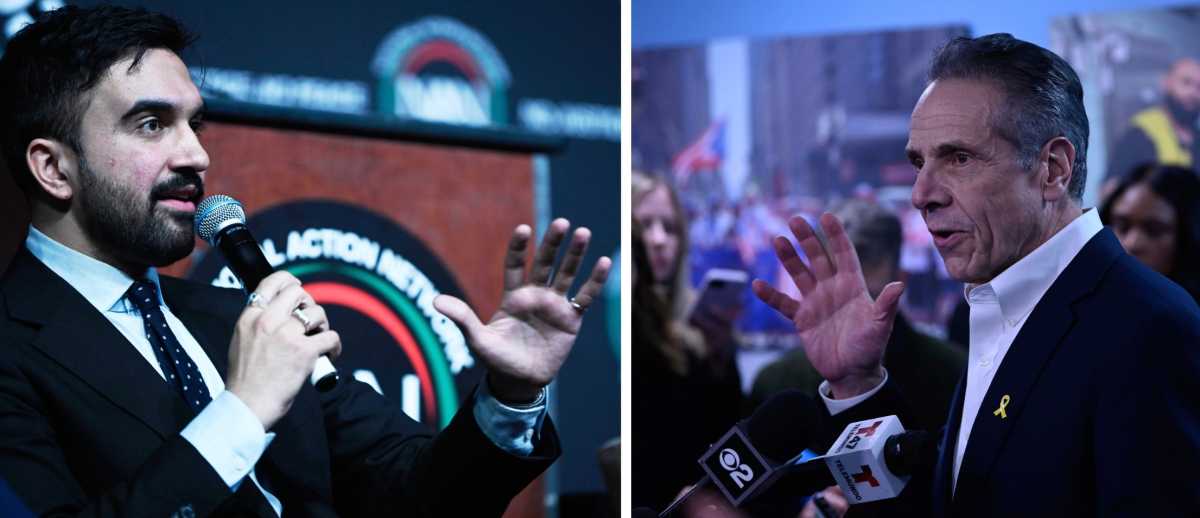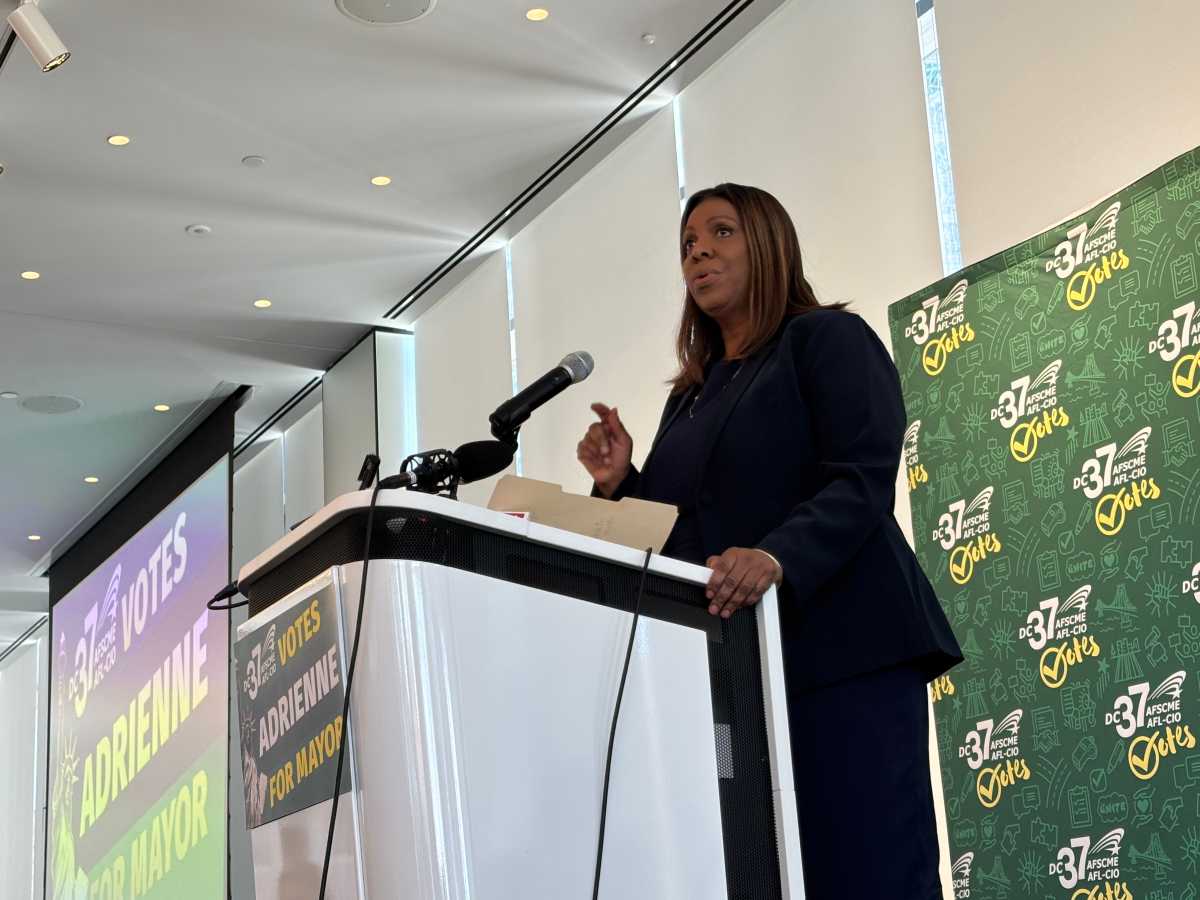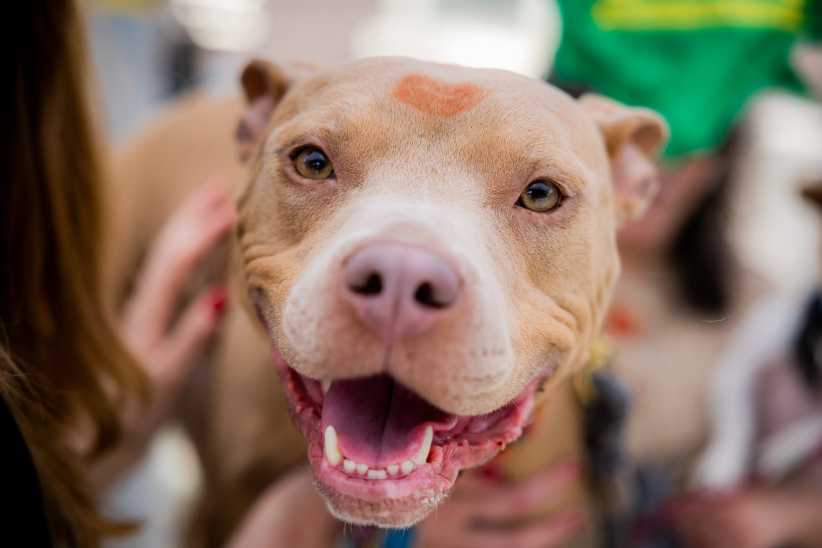The Bronx Music Heritage Center (BMHC) will present a series of music performances, a film screening and moderated conversations exploring the many Congolese influences in Caribbean music and dance this summer.
The programming will be presented across three events in the BMHC’s signature Bronx Rising! series, which brings the Bronx’s cultural riches, past and present, to life.
“West Central Africa, popularly known as Congo or Bantu, brought a trove of ideas and music to the Americas. We are proud to shine a light on this vibrant cultural legacy with our programming this summer,” said Elena Martinez, co-artistic director of the BMHC.
This season of Bronx Rising! will begin on Saturday, June 24 at 4 p.m. at the Bronx Music Hall Plaza, with The Congo Influence in Puerto Rican Bomba, a conversation between Nkumu Katalay and Alex LaSalle, bandleader of Alma Moyo, followed by a performance of their ensembles.
Then, on Saturday, July 22 at 7 p.m. at the BMHC Lab, the BMHC will present Congo Roots in the Diaspora: Kumina in Jamaica, featuring a screening of the film “Kumina Queen,” followed by a moderated discussion and Q&A with the film’s director Nyasha Laing and anthropologist Dr. Kenneth Bilby about the Congo influence in popular Jamaican music.
Kumina is an ancestral ritual based on African traditions in Jamaica. Kumina is a distinct, expressive religion that travelled to Jamaica with Kikongo-speaking laborers from Central Africa during the 19th century. The basic elements of Kumina are song, dance and trance possession.
Bantu-Congolese religious elements are embedded in popular and contemporary music forms in Latin American and Jamaican communities across the United States. The Bantu people (also known as the Congos in Cuba), who arrived via the slave trade, assimilated themselves quickly in Cuban culture. As a result, their religious traditions created somewhat of a collective Cuban identity that has influenced Cuban music forms such as Conga and Mambo, which respectively mean song and chant.
Today, artists and followers are reimagining Kumina, even as the mysterious world of spirit possession reveals divergent pathways to freedom, healing, and transformation.
The series will conclude on Saturday, Aug. 26 at 4 p.m. at the Bronx Music Hall Plaza with Congo Roots in the Diaspora: “Quien no tiene de Kongo tiene de Karabalí” (translated as “Whoever does not have Kongo has Karabalí,” which refers to the popular Cuban phrase that everyone has some African blood). This event will feature a performance by the Román Díaz Ensemble and discussion between Roman Díaz, Dr. Ivor Miller and BMHC Co-artistic Director Bobby Sanabria, exploring how Congolese influences have shaped Cuban traditions, producing some of the most famous performance ensembles of the island.
For more coverage, follow us on Twitter, Facebook and Instagram @bronxtimes

